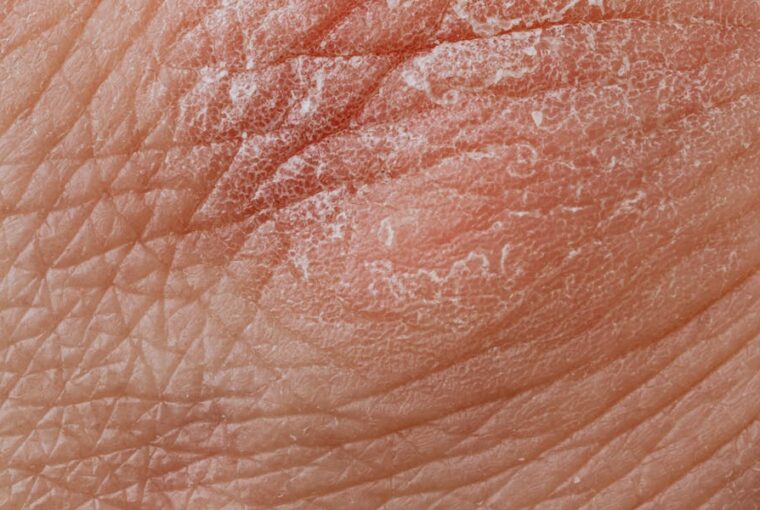Jock itch, medically referred to as tinea cruris, is a prevalent fungal infection that targets the groin region. This infection originates from the same family of fungi responsible for athlete’s foot. Typical symptoms of jock itch include a red, itchy rash in the groin area, which may extend to the thighs and buttocks. While this condition is more commonly seen in men than in women, it can cause significant discomfort and embarrassment regardless of gender.
The positive aspect is that jock itch is generally simple to treat, with a variety of over-the-counter antifungal medications available for effective relief.
Causes And Risk Factors
Jock itch, or Jock itch fungus , is caused by a group of fungi known as dermatophytes. These fungi are the same ones that cause athlete’s foot and ringworm. Dermatophytes flourish in warm and damp conditions, which is why the groin region is an ideal environment for these fungi to propagate. Once these organisms make contact with the skin, they can initiate an infection, leading to the distinctive signs and symptoms associated with jock itch. This typically includes an itchy, red rash in the groin area that can be uncomfortable and distressing for the affected individual.
Several risk factors can increase your likelihood of developing jock itch. One of the primary risk factors is wearing tight-fitting clothing that traps moisture against the skin. This creates the warm, moist environment that dermatophytes love. Excessive sweating can also contribute to the development of jock itch, as sweat can increase the moisture in the groin area.
Having a weakened immune system is another risk factor for developing jock itch. When your immune system is not functioning at its best, it is less able to fight off infections, including fungal infections like jock itch. This is why individuals with conditions that weaken the immune system, such as HIV/AIDS, are at a higher risk of developing jock itch.
Men are more likely to develop jock itch than women, possibly because the male groin area tends to be warmer and moister than the female groin area. Age can also be a factor, as jock itch is more common in teenagers and young adults than in older adults.
Certain medical conditions can increase your risk of developing jock itch. Individuals who are overweight or have diabetes are more likely to develop jock itch, as these conditions can cause increased sweating and moisture in the groin area.
Other factors that can increase your risk of developing jock itch include having a history of athlete’s foot or other fungal infections, having a skin condition that causes moisture to be trapped against the skin, and using public showers or locker rooms where the fungi that cause jock itch can be easily spread.
Symptoms And Diagnosis
The symptoms of jock itch typically include an itchy, red rash in the groin area that can spread to the thighs and buttocks. The rash may also have raised edges and be accompanied by peeling or cracking of the skin. If you suspect you have jock itch, it is important to see a doctor for a proper diagnosis. Your doctor may perform a physical examination and take a sample of the affected skin for laboratory testing.
Treatment Options
Jock itch is usually treated with over-the-counter antifungal medications, such as creams, sprays, or powders. These medications are applied directly to the affected area and can usually clear up the infection within a few weeks. In some cases, prescription medications may be necessary. It is also important to keep the affected area clean and dry and to avoid sharing personal items, such as towels or clothing, with others.
Prevention
To prevent jock itch, it is essential to maintain good hygiene practices and minimize your exposure to risk factors. These include:
- Keeping the groin area clean and dry
- Wearing loose-fitting, breathable clothing
- Changing out of wet or sweaty clothing as soon as possible
- Avoiding sharing personal items, such as towels or clothing, with others
- Keep your immune system healthy by eating a balanced diet, exercising regularly, and getting enough sleep.
Conclusion
Jock itch is a common and often embarrassing fungal infection that affects the groin area. However, with proper treatment and preventive measures, it is usually easily manageable. If you suspect you have jock itch, see a doctor for a proper diagnosis and treatment. Remember to practice good hygiene and take steps to reduce your risk factors to help prevent the infection from occurring in the first place.




